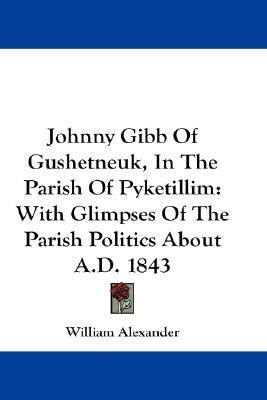What do you think?
Rate this book


272 pages, Paperback
First published January 1, 1870
ae chiel wi the key wins at the door in coorse, an apens’t, an in they gaed, jist like the jaws o the sea, cairryin minaisters like as muckle wrack alang wi em. I tint sicht o Gushets in a minit, an hed muckle adee to haud o my fit ava. An fan I'm jist at the door cheek, fa sud be dirdit into the neuk fair afore me but Geordie Wobster